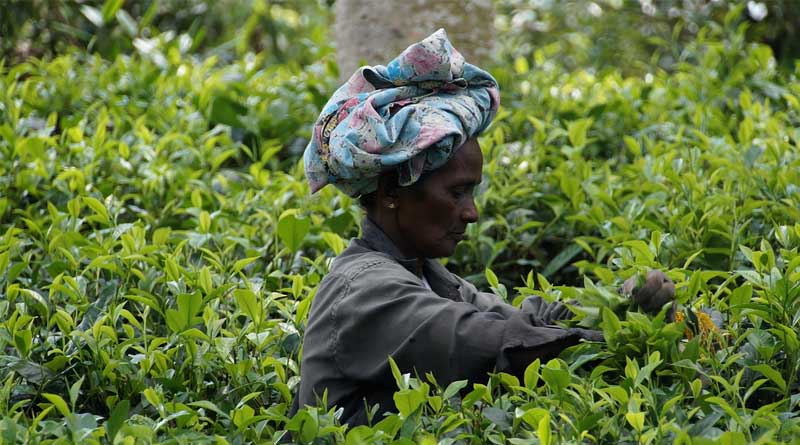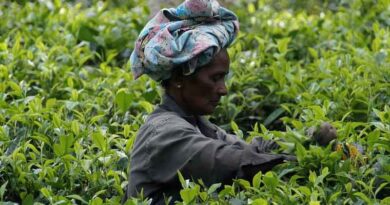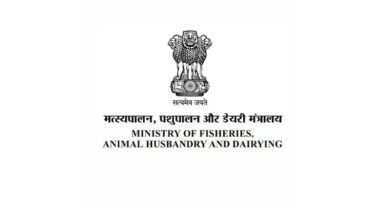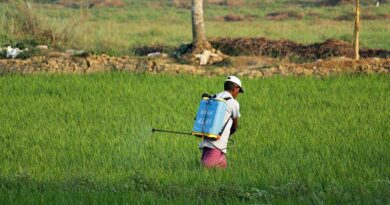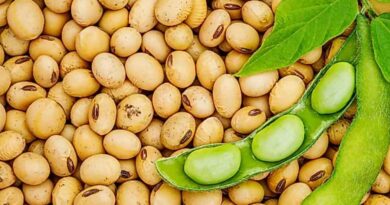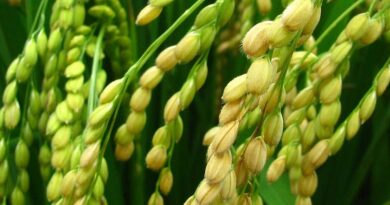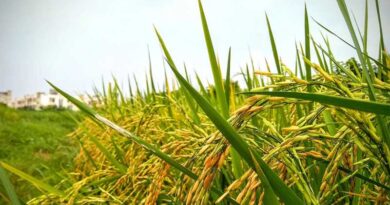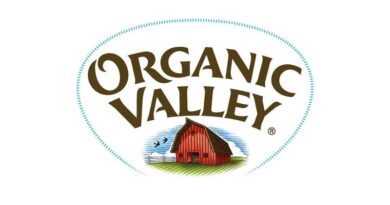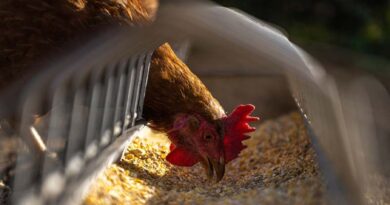What must Indian farmers learn from Sri Lankan farmers?
30 December 2023, Sri Lanka: One important lesson that Indian farmers must learn is never to believe without trying and applying what others are imposing on them. They will understand this more once they know what happened in Sri Lanka for which farmers and the citizens of Sri Lanka had to pay a massive price.
Story of Sri Lankan farmers
In 2020, Sri Lankan imported foreign fertilizers amounted to $259 million. in 2021-22, it was estimated that the import cost would increase to $300-$400 million. When the government of Sri Lanka got to know the estimated value of import of fertilizer for the new financial, they decided to implement a total ban on chemical fertilizer in May 2021.
The ban on fertilizers in Sri Lanka was an attempt to tackle three problems mentioned below:
1. Reducing import bills.
2. Sri Lanka to be known as an organic country.
3. To save farmers from diseases linked to chemical use.
Sri Lankan farmers were broadly supportive of the government policy to transition to organic fertilizer, but they wanted more time to make the transition. There was a lack of know-how among farmers to transition to organic farming and they didn’t expect a huge reduction in harvest yield under current restrictions.
Further, Sri Lanka’s government failed to expand the country’s organic fertilizer production capacity sufficiently to meet current fertilizer consumption.
Drop in Food grain Production
As a result of the sudden ban, overall food production in Sri Lanka in the 2021 season was 40%-50% lower than last year, the United Nations Food and Agriculture Organization said. Rice productivity dropped by about 33%. A similar 35% percent productivity drop in the tea crop.
Farmers as well as the local population struggled with low food grain availability through the season until the ban was revoked in November 2021.
Learnings for India
Indian farmer must understand that they cannot replace chemical fertilizer completely with organic fertilizer without reducing their yield and income. What they can do is to increase the organic content of soil which will help them increase yield. Organic farming is a rich farmer’s concept that is not applicable in India as 80% of the 14 crore farmers have small land holdings. They can do organic farming on 1/3 of your land but must not expect good returns. They must also be ready to bear losses in case the crop gives a bad yield or you don’t get good prices for the produce in the market.
Also Read: Farmer must learn to market his produce: Vice President Dhankhar
(For Latest Agriculture News & Updates, follow Krishak Jagat on Google News)

